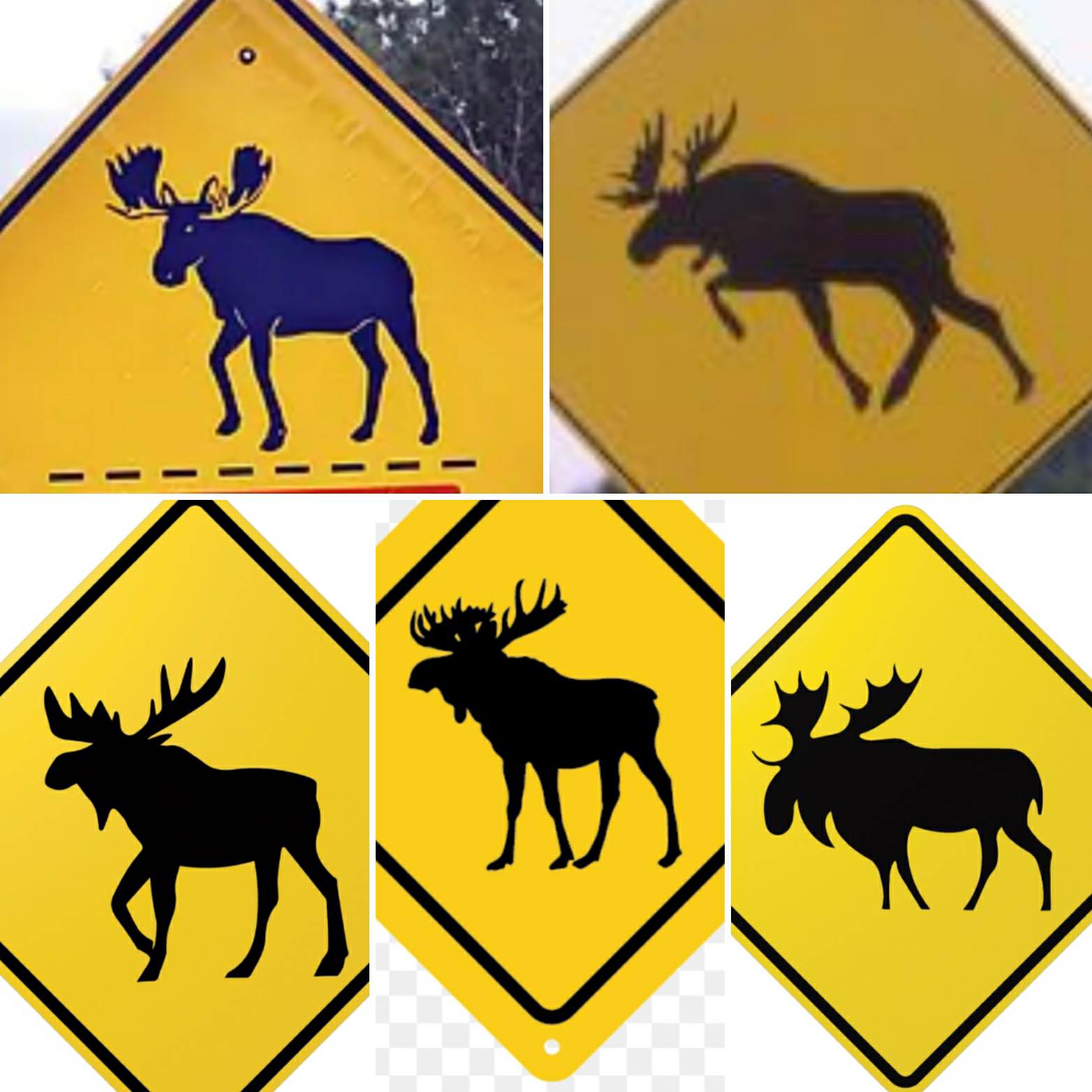Yesterday morning, as I was out and about, I overheard an encounter that influenced my day’s reflection. Unbidden, a man approached someone wearing an orange shirt, and emphatically engaged them by stating (unironically) that he was not to be told what to wear, and that he saw no need for reconciliation – “I didn’t do nothing!”
With more patience than I would have had, the other person tried to explain that their shirt supported the need to not stand idly or silently by. They also had not ‘done anything’ explicitly, but that we are all part of a system where we are in need of reconciliation. The gentleman was having none of it, and dismissively retorted “God will be my judge” before walking away.
Clearly, this individual was not interested in the journey towards reconciliation, nor even in having a conversation about our shared history.
Admittedly, any conversation in which we identify and acknowledge the need for reconciliation is not going to be an easy one to have. However, choosing silence is seldom a good choice.
(I was reminded of the poem No Such Thing as the Innocent Bystander by Andrea Gibson, which reads ‘Silence rides shotgun / wherever hate goes.’)
The work of reconciliation is one where we need to commit to showing up. To listening, to learning, and to finding a way to do better. It’s about forging a new path forward with intentionality towards minimising hurt – and ideally healing some of the wounds of the past.
As Christians, we use the word reconciliation often. We have a sacrament of confession – in our Book of Alternative Services we call this the Reconciliation of a Penitent. (pp 166-172). The challenge, of course, is that it requires a penitent: someone who authentically desires to turn away from sin.
This turning away from sin (repentance) calls for action; for penance. It challenges us to change our ways of thinking and doing, so that we can correct our patterns of behaviour to do better. Penance is not about beating ourselves up for the past, but building ourselves up for the future. It is a form of spiritual healing where we dwell in the promise of forgiveness. This promise is not a magical ‘fix’ but a confidence that when we accept responsibility for our actions and do what is reasonable in order to make amends. (James 5.16a: Therefore confess your sins to one another, and pray for one another, so that you may be healed.)
And so we are called to seek reconciliation for our individual actions and for our societal ills. We confess our wrongs, known and unknown – and we are called to accept the challenge of the work before us. We don’t do this to avoid the work of reconciliation, but to request God's presence as a holy companion within it. For when we are genuine in our relationship with God, we are challenged to establish right relationship with all that God loves – including those we have injured or offended.
I don’t have easy answers for our journey in Truth and Reconciliation with Indigenous peoples. I don’t have easy answers for any journey that has led to broken trust and pain. But I do have faith that God will accompany us in all our journeys towards health and healing; and I pray that we will all continue to seek those right relationships.



